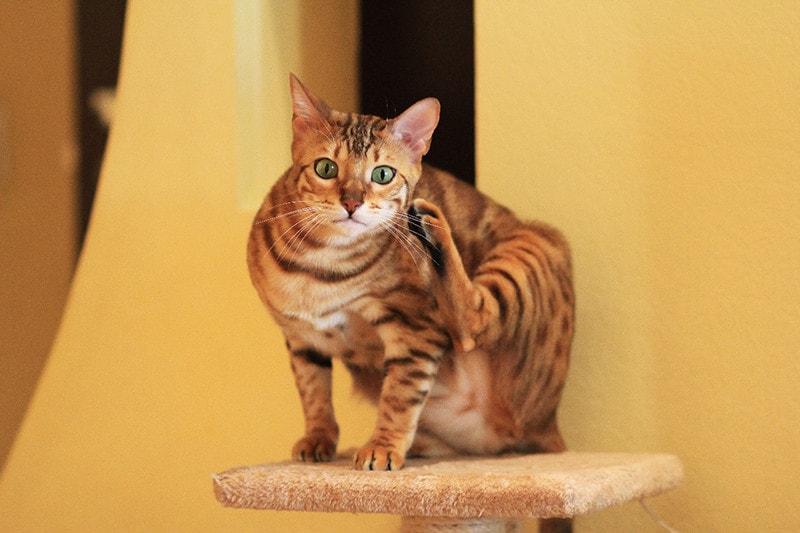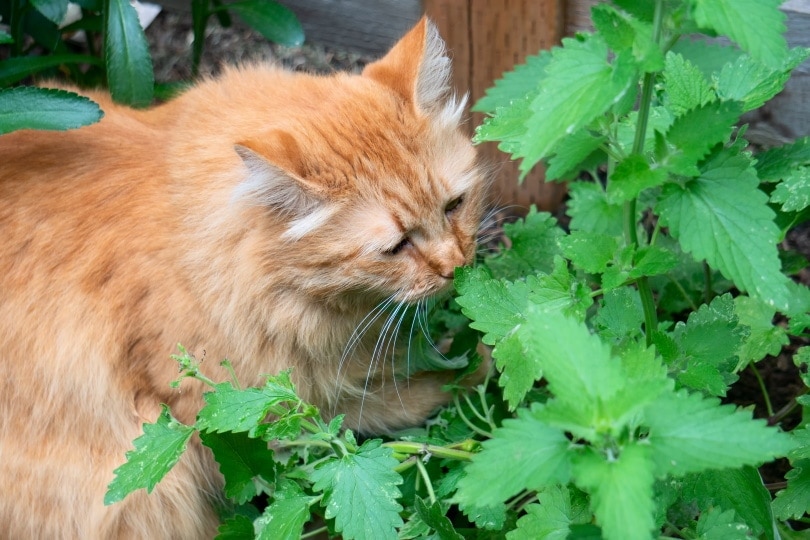Does My Cat Have to Fast Before Surgery? The Surprising Answer!

Updated on
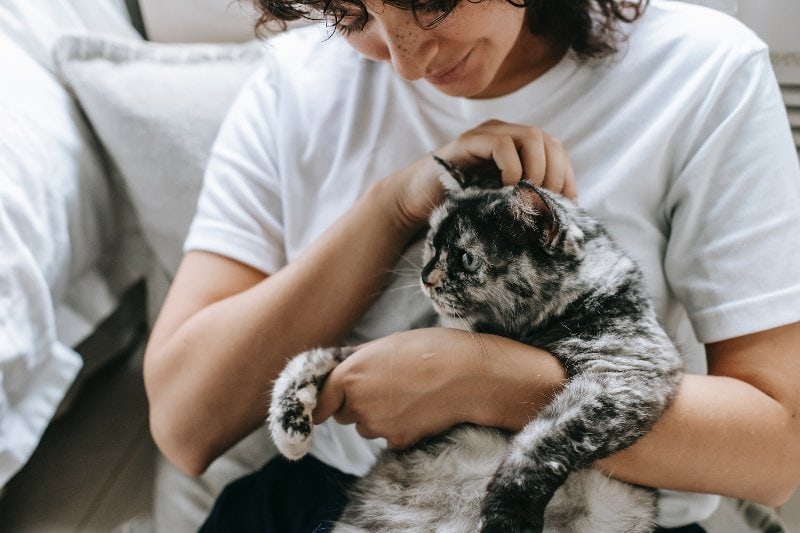
If your cat has an upcoming surgery and you can’t remember if the vet told you to have them fast, we’re here to help. While we recommend reaching out to the vet if you can, we also understand that sometimes it’s simply not an option.
As a general rule, you should have your cat fast for at least 12 hours before their surgery. But why is this the case? Do you need to cut off their access to water too, and how should you care for your cat once you get them home? We’ll walk you through everything you need to know below.
How Long Should a Cat Fast Before Surgery?
If you ever have any questions on how long your cat should fast before surgery, we highly recommend reaching out to their vet for their specific recommendations. However, for most surgeries, vets will recommend cutting off their food supply about 12 hours before the surgery.
While that is the case for most cats and most surgeries, there are exceptions to every rule that could extend or shorten the recommended fasting time. Because of this, it’s imperative to reach out to the vet performing the surgery to see what they need.
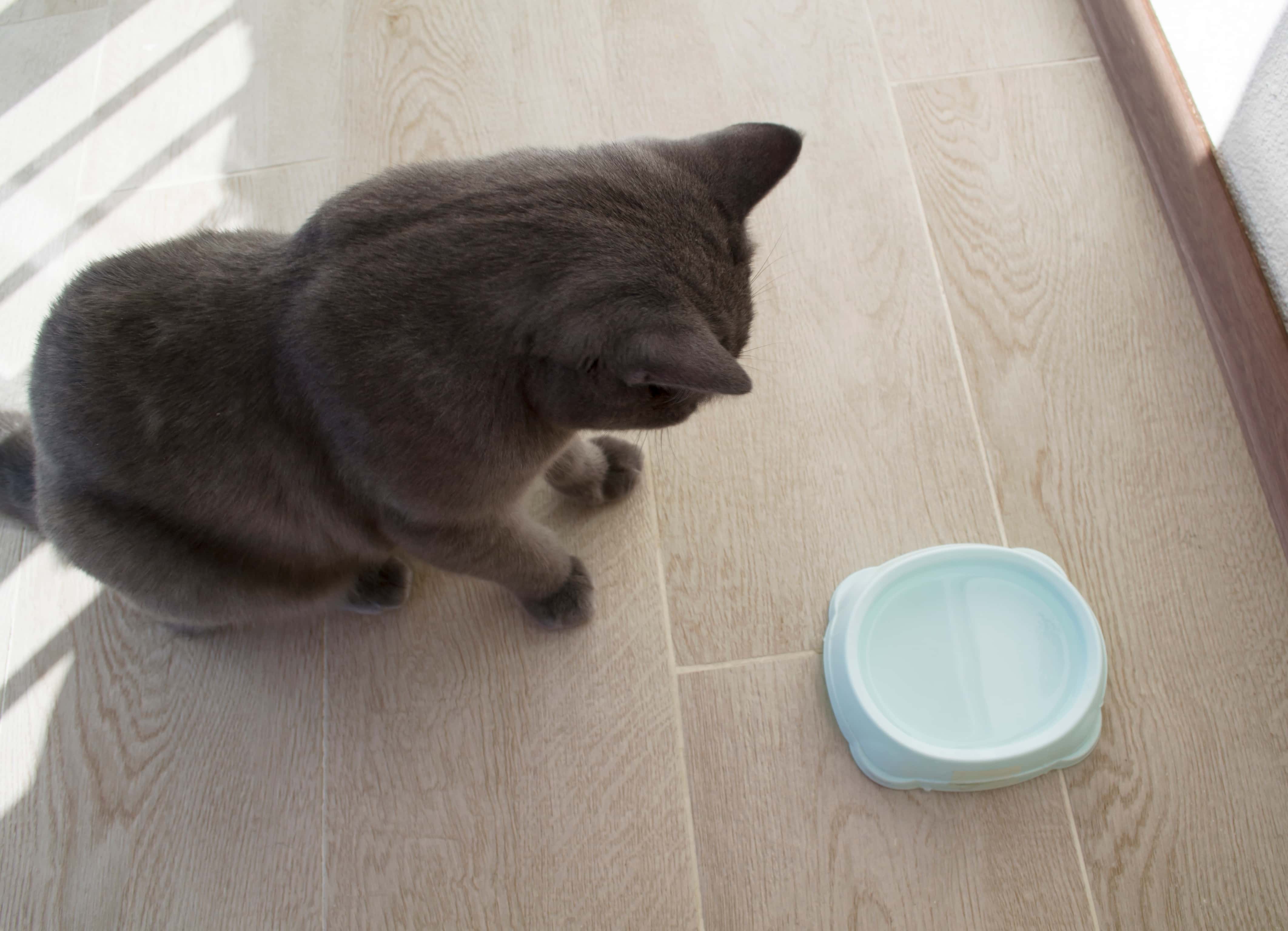
Why a Cat Needs to Fast Before Surgery
While it might not seem like a big deal to cut off your cat’s food supply before their surgery, it’s all about reducing the amount of food in their stomach while they’re in surgery. That’s because it’s extremely common for cats to react to anesthesia, and if this happens, they can experience gastroesophageal reflux, more commonly known as vomiting.
Not only can they vomit while under anesthesia, but they can then start to inhale some of this vomit. When this happens, it can lead to asphyxiation, which means your cat is choking. Even if the vet saves your cat from inhaling vomit while under anesthesia, it can lead to pneumonia or death.
Cutting off your cat’s food supply before their surgery greatly reduces this risk, and since there are minimal downsides to them fasting for at least 12 hours before surgery, it’s likely to remain a very common practice.
Can Cats Have Water Before Surgery?
While you should cut off their food supply about 12 hours before surgery, this is not when you should cut off their water supply. Many studies now indicate that you don’t necessarily need to stop them from drinking for any amount of time before surgery.
But while that might be the case for most surgeries, some vets will still recommend removing their water between 1–2 hours before their surgery. Because the type of surgery they’re getting can make a big difference for this, you need to reach out to their vet about their surgery for more specific instructions for your cat.
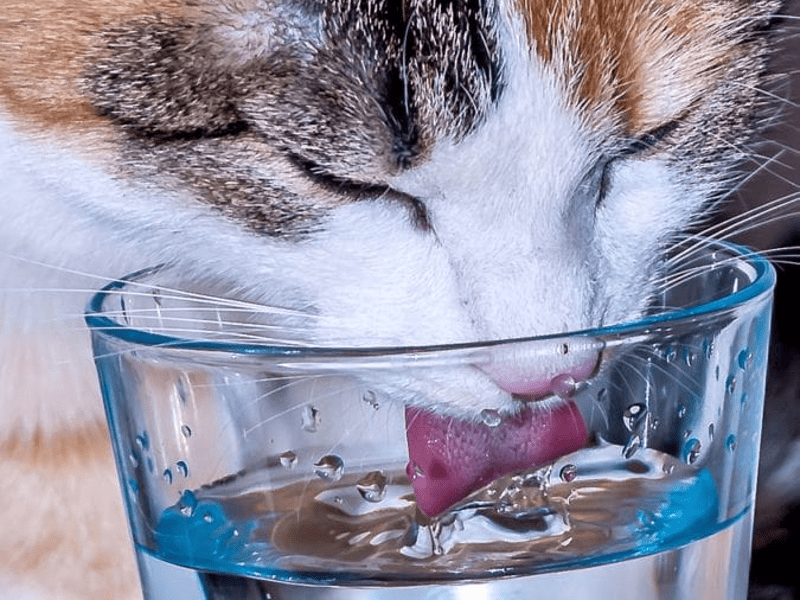
After Care Tips for Cats
After your cat’s surgery, the vet should give you detailed instructions on how to care for them. Follow all of the vet’s instructions and don’t be afraid to reach back out if something seems off. Below, we’ve highlighted some general aftercare instructions that might apply to your cat depending on the surgery.
1. Monitor the Incision Site
For most surgeries, the vet has to make some sort of incision. When they do, they typically suture the site back up, and you want to keep an eye on the site to ensure everything is healing up properly. Take a look at the site each day to ensure there’s no infection and the stitches stay in place.
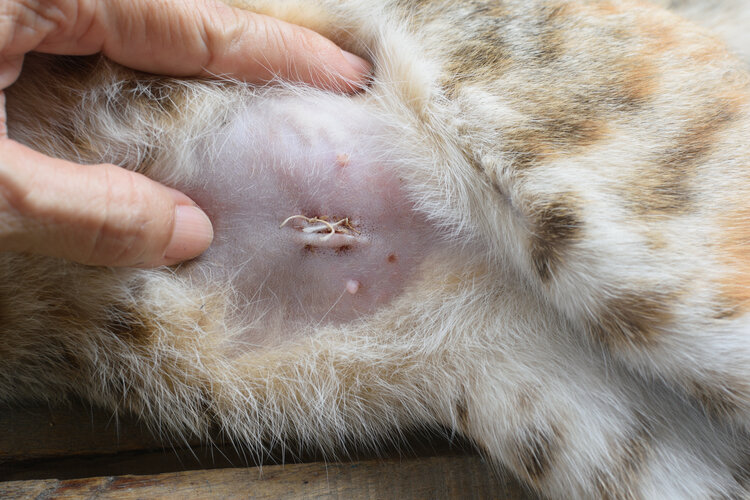
2. Keep the Incision Site Dry
If your cat has an incision site from their surgery, you need to keep it dry so the stitches don’t start to fall out. This means not bathing your cat for at least 10 days and ensuring they don’t get wet in any other way.
3. Use a Cone, AKA the E-Collar
The “cone of shame” might not be the most enjoyable experience for anyone, but it keeps your cat from licking at an otherwise irritating the surgery site. We recommend bringing your own cone to the surgery so they don’t charge you for one and keep it on for whatever length of time the vet recommends.
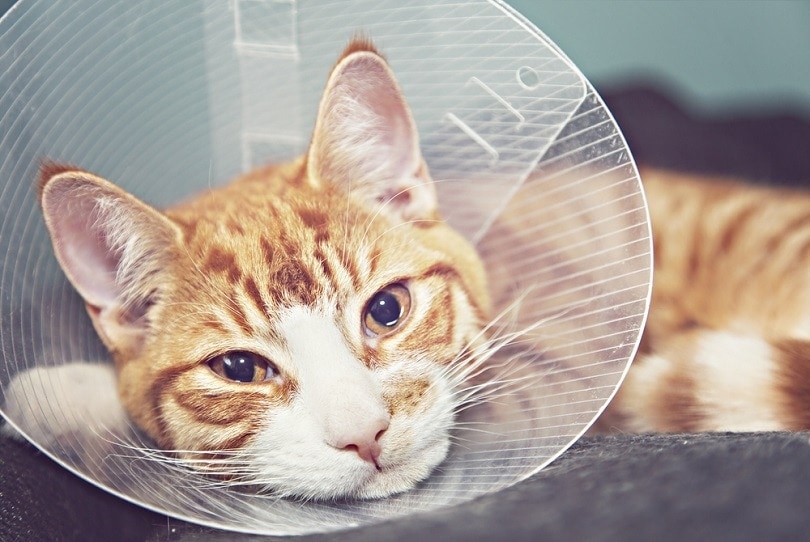
Final Thoughts
If your cat has an upcoming surgery, we highly recommend reaching out to their vet to get all the instructions to get them ready. But if you simply can’t get a hold of them, play it safe by cutting off your cat’s access to food at least 12 hours before their surgery. After their surgery, talk to the vet to get all the applicable aftercare instructions so you know just what you need to do while your cat recovers.
Featured Image Credit: Sam Lion, Pexels



